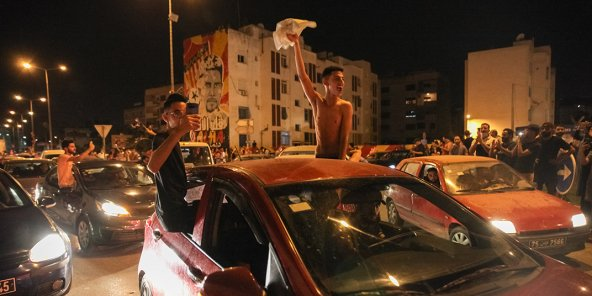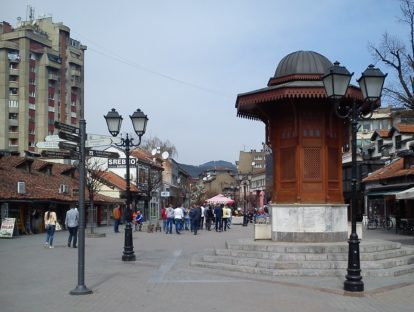Große Töne, wenige Taten: Unter diesem Generalverdacht steht die Politik bei vielen kritischen Zeitgenossen. Es gibt dafür sogar einen eigenen Fachbegriff: “Symbolpolitik” ist, wann immer die Inszenierung politischen Handelns im Vordergrund steht, die Ursachen eines Missstands aber unberührt bleiben. Wer nicht will oder kann, tut so, als könnte und wollte er.
Mitunter will die Politik aber auch handeln und das dann auch groß inszenieren. Das ist per se nicht verwerflich, weil es in einer massenmedial verfassten (und getriebenen) Demokratie zur professionellen Politik gehört. Umso wichtiger ist, dass dabei nichts schiefgeht.
Tut es aber immer wieder. Zum wiederholten Mal hat jetzt der Instanzenweg entschieden, dass das Vorgehen gegen tatsächlich oder vermeintlich islamistische Vereine und Personen rechtswidrig war. Im konkreten Fall geht es um Hausdurchsuchungen bei mutmaßlichen Mitgliedern der Muslimbruderschaft, die unter dem Decknamen “Luxor” im vergangenen November nach dem blutigen Anschlag in Wien durchgeführt wurden.
Die Tat war ein Schock für das Land, solche Bilder von kaltblütigen Morden kannte Österreich bis dahin nur aus anderen Staaten. Dass der Staat in diesem Moment Entschlossenheit beweisen wollte, ja musste, liegt auf der Hand; zumal schnell öffentlich wurde, dass die Behörden den späteren Täter bereits im Visier gehabt hatten, aber ein rechtzeitiger Zugriff wegen Schlamperei unterblieben war. Auch deshalb wollten die Behörden Stärke demonstrieren. Doch nun gab das Oberlandesgericht Graz allen neun Beschwerdeführern (weitere sind anhängig) Recht und erklärte die Hausdurchsuchungen für rechtswidrig, weil die Verdachtslage dafür nicht ausgereicht habe. Eine solche Zurückweisung durch den Rechtsstaat darf den Ermittlern nicht zu oft passieren.
Ein Staat, der von seinen eigenen Richtern zurückgepfiffen wird (obwohl es auch einen Richter bei Hausdurchsuchungen benötigt), gewinnt in den Augen derer, die ihn herausfordern wollen, nicht gerade in Ansehen und Respekt. Zumal es nicht das erste Mal ist: Schon 2018 wollte die damals türkis-blaue Regierung einige unter Extremismusverdacht stehende Moscheen schließen und scheiterte vor den Gerichten. Ähnlich folgenlos blieben großspurige Ankündigungen, rechtsextreme Vereinigungen wie die Identitären zu verbieten.
Der liberale Staat darf, wenn er von seinen Feinden ernstgenommen und gefürchtet werden will, den Mund bei Ankündigungen wie Aktionismus nicht zu voll nehmen. Ansonsten büßt er Stück für Stück an Glaubwürdigkeit ein.






